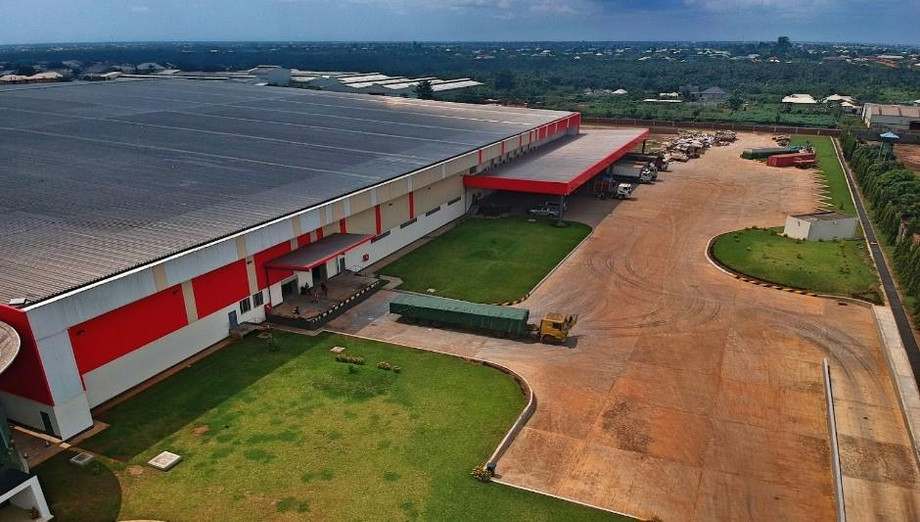Relocating an office can be a daunting task, requiring careful planning, coordination, and execution. Whether youÕre moving to a new building or a different city, the process involves handling delicate equipment, important documents, and furniture. If youÕre planning an office move in Tennessee, finding reliable professionals can make all the difference. With expert assistance, businesses can ensure a seamless transition with minimal disruption to daily operations.
Why Professional Office Moving Services Matter
Office relocations involve much more than just packing and transporting items. The logistics can be complex, and improper handling can lead to damages, delays, or loss of valuable assets. Professional movers have the expertise to manage every aspect of the move, ensuring that everything reaches the new location safely and on time. Hiring a moving service also allows businesses to focus on their core operations while leaving the heavy lifting to trained professionals.
Choosing the Right Office Movers in Tennessee
Selecting a moving company is a crucial step in the relocation process. A reputable moving service will have experience in handling office equipment, electronics, and furniture. When searching for Office Moving Help Tennessee, businesses should consider factors such as experience, customer reviews, pricing, and service offerings. Working with a reliable moving company ensures that the relocation is efficient, organized, and stress-free.
Benefits of Hiring Local Movers in Memphis, TN
For businesses in Memphis, working with Local Movers Memphis TN can provide several advantages. Local movers are familiar with the areaÕs logistics, traffic patterns, and regulations, making the move smoother and faster. Additionally, they can offer personalized services tailored to the needs of businesses in the region. Hiring local movers also means quicker response times and on-site support if needed, ensuring that any last-minute issues are resolved promptly.
Services Offered by Office Movers
Professional office movers provide a range of services to cater to different relocation needs. These services include:
Packing and Unpacking: Movers ensure that all office equipment, furniture, and documents are properly packed to prevent damage during transit.
Furniture Disassembly and Reassembly: Large office furniture is carefully disassembled and reassembled at the new location.
Secure Transportation: Specialized moving trucks are used to transport office items safely.
Storage Solutions: If businesses need temporary storage, moving companies offer secure storage facilities for short-term or long-term use.
IT Equipment Handling: Expert movers handle sensitive IT equipment, ensuring that computers, servers, and other devices are relocated without damage.
How to Prepare for an Office Move
While hiring professional movers is essential, businesses should also take steps to prepare for a smooth move. Here are some tips:
Plan Ahead: Start planning the move well in advance to avoid last-minute stress. Create a checklist and timeline to keep track of important tasks.
Notify Employees and Clients: Inform employees about the moving schedule and assign responsibilities to ensure everything is organized. Clients and stakeholders should also be notified about the move to avoid disruptions.
Label Everything: Clearly label boxes and office items to ensure a systematic unpacking process at the new location.
Back Up Important Data: Before moving, create backups of important files and data to prevent loss during the relocation.
Work with a Reputable Mover: Research and hire an experienced office moving company that meets your specific needs.
Conclusion
Office relocation doesnÕt have to be overwhelming. By hiring experienced professionals, businesses can ensure a smooth and efficient move without unnecessary stress. Whether you need Office Moving Help Tennessee or are looking for Local Movers Memphis TN, choosing a trusted moving service will guarantee a hassle-free experience. Proper planning, organization, and the right moving company will help your business transition seamlessly to its new location, allowing you to focus on growth and success.


